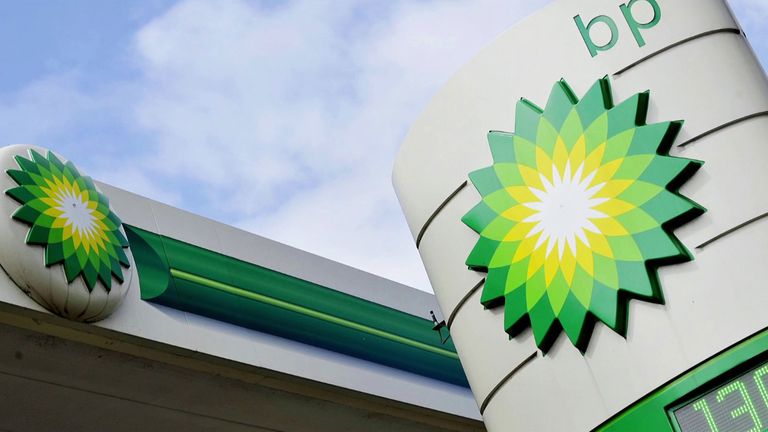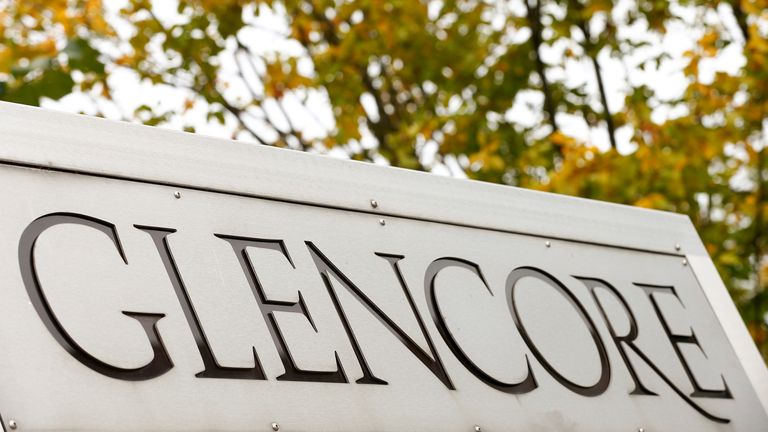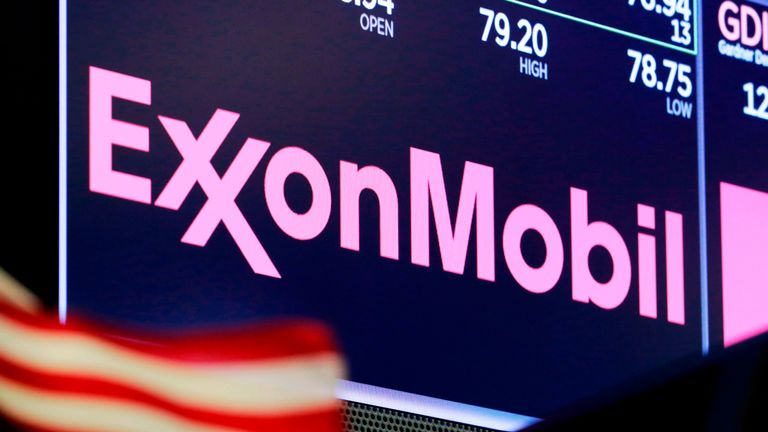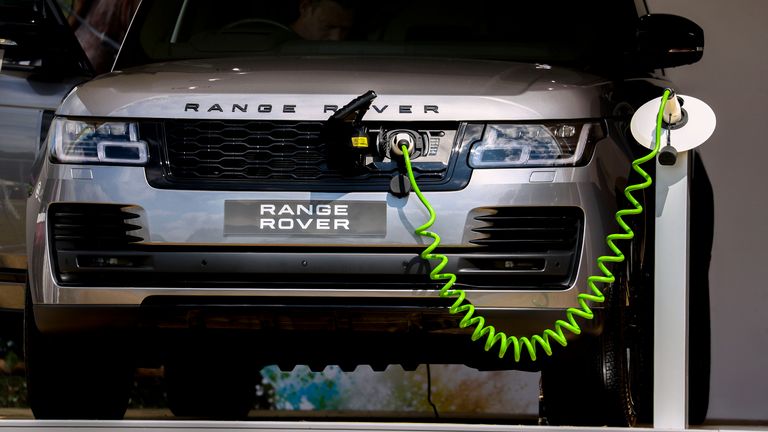Which company will be next to dump pariah state Russia?
Decisions by BP and Shell to exit their investments in Russia, along with Norway’s $1.3tn sovereign wealth fund and Australia’s $143bn Future Fund, have thrown the spotlight on other major international companies yet to disinvest.
BP on Sunday announced it would “exit” its 19.75% stake in Rosneft, the Russian state-controlled oil giant, while on Monday night Shell announced it will exit its joint ventures in the country with Gazprom, the state-controlled gas giant, chief of which is its 27.5% stake in the giant Sakhalin 2 offshore gas project in Russia’s far east.
That has confronted other major foreign investors in Russia – and their shareholders – with big dilemmas.
Of these, the most prominent are the French energy giants TotalEnergies and Engie, both of which have significant Russian investments.
TotalEnergies, one of the world’s biggest integrated oil and gas majors, has a 19.4% shareholding in Novatek, Russia’s second largest gas producer, which has been subject to US sanctions since Vladimir Putin annexed Crimea in 2014.
The company enjoys close ties to the Kremlin due to the presence on its board of Gennady Timchenko, one of the billionaire oligarchs put on the UK’s sanctions list by Boris Johnson last week, whose friendship with the Russian president goes back at least 30 years.
Total Energies also owns stakes in two liquefied natural gas projects controlled by Novatek, including a 20% shareholding in Yamal LNG, a massive project in Russia’s far north that began production in November 2017.
Strikingly, while BP was largely a passive investor in Rosneft and Shell had begun selling its stake in Sakhalin 2 as long ago as 2006, Total Energies had continued to develop new projects in Russia even after the west began imposing sanctions on Russia after its annexation of Crimea.
TotalEnergies, whose share price has fallen by 8% since Russia launched its invasion of Ukraine, said this morning that it condemned Russia’s “military aggression against Ukraine” and that it supported the “scope and strength” of the sanctions put in place against Russia by Europe. It also pledged to provide fuel to the Ukrainian authorities and aid to Ukrainian refugees in Europe.
It also said it would not be committing capital for new projects in Russia – but crucially, unlike BP and Shell, it did not commit to divesting its assets in Russia.
French finance minister: ‘Problem of principle’ to work with anyone close to Russian leadership
Meanwhile Engie, which was formed in 2008 from the merger of the old Gaz de France and the French utility giant Suez, owns a 9% shareholding in Nord Stream 1, the natural gas pipeline connecting Russia with Germany, while along with Shell it was also a co-financier of the controversial Nord Stream 2 pipeline whose launch was last week put on ice by the German government. It has yet to comment on the situation in Russia.
But Bruno Le Maire, the French finance minister, made clear today that he regarded it as being a “problem of principle” to be working with any figure in politics or the economy who is close to the Russian leadership.
Mr Le Maire said he would be discussing the matter in coming days with Patrick Pouyanne, the chief executive of Total Energies and with Catherine MacGregor, the chief executive of Engie.
He told French radio: “We will bring about the collapse of the Russian economy. The economic and financial balance of power is totally in favour of the European Union which is in the process of discovering its own economic power.
“We are waging total economic and financial war on Russia.”
Companies being placed in the spotlight to weigh up Russian involvements
Elsewhere in Europe, questions are also being asked of the Austrian energy group OMV, a part-financier of Nord Stream 2 and which is the country’s main importer of natural gas from Russia. It is also the owner of a 25% shareholding in Yuzkno-Russkoye, a gas field in western Siberia, for which it paid €1.75bn at the end of 2016.
Further afield, the US oil major ExxonMobil has a 30% shareholding in Sakhalin 1, a major Siberian oil and gas project in which its co-investors include Rosneft. Its former chief executive Rex Tillerson, who was briefly US Secretary of State before he fell out with the former president Donald Trump, had previously defended the company’s interests in Russia and refused to condemn Mr Putin after his annexation of Crimea.
ExxonMobil is yet to comment on its plans in Russia but, having reportedly recently encountered difficulties in paying local workers due to banking sanctions, it may well have to exit the country following the examples of BP and Shell.
Wall Street, whose analysts will be briefed by the company’s chief executive Darren Woods on Wednesday, is increasingly focused on environmental, social and government issues and is sure to have questions.
In the broader resources sector, another company in the spotlight is Glencore, the FTSE-100 mining and commodities trading empire. It owns a 0.6% stake in Rosneft and owns 10.5% of En+, the London-listed Russian metals giant controlled by Oleg Deripaska, the aluminium magnate.
Several big names in the car and truck making sector are also having to weigh up their involvement in Russia. Daimler Truck of Germany, which is the world’s largest truck maker, on Monday suspended all of its activities in Russia while another truck maker, Volvo Truck, has also halted production in the country.
Other car manufacturers that sell into Russia, such as Jaguar Land Rover, have halted sales to the country.
But Ford has so far insisted it does not plan to exit its van making joint venture in Russia while Renault has yet to make a decision on its extensive interests in the country.
These include a 68% shareholding in AvtoVaz, owner of Russia’s most famous car brand Lada and a manufacturing plant in Moscow that makes vehicles including the Kaptur and Duster models.
To date, British companies have been the trail-blazers in departing Russia. It seems very likely that their counterparts in France and elsewhere will have to follow suit, inflicting pain on their shareholders in some cases, as the west keeps up its pressure on Mr Putin.
For all the latest business News Click Here





